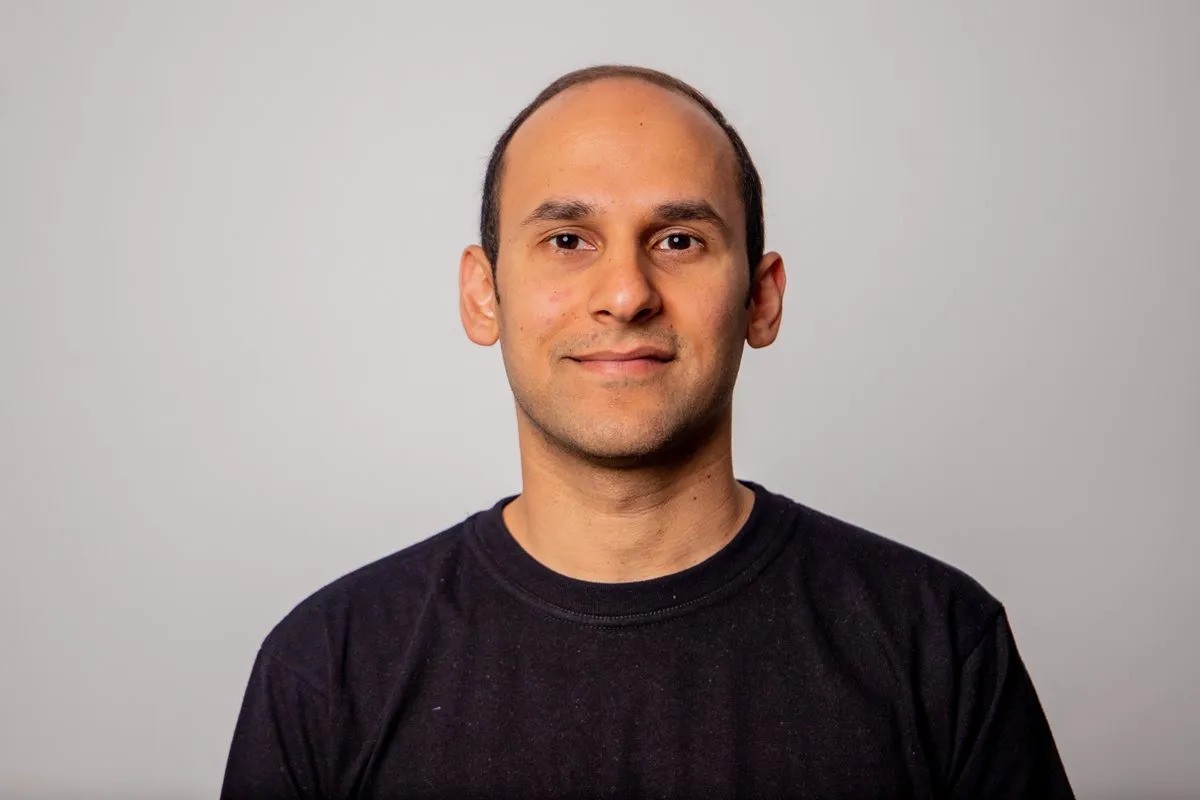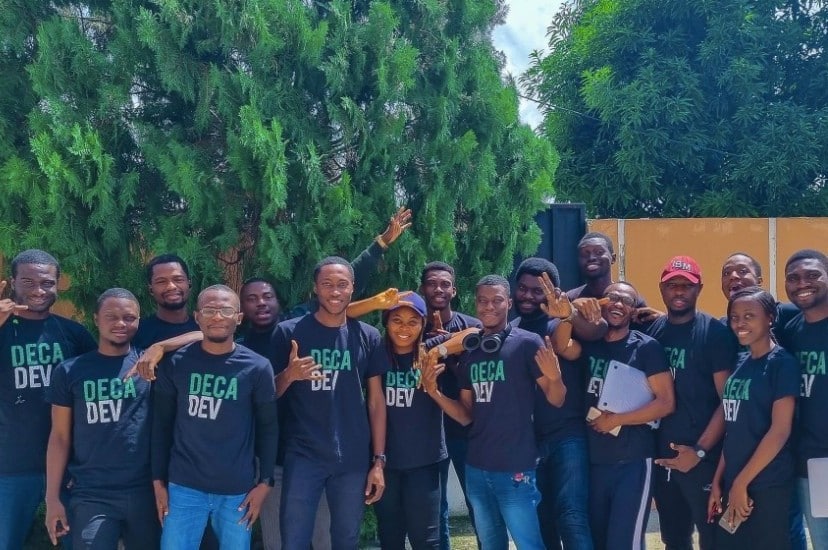On Monday, April 19, 2022, Google announced the opening of its first product development centre in Nairobi, the Kenyan capital.
Over the next two years, Google plans to hire over 100 employees across software engineering, research, and design roles and, with this launch, joins Visa and Microsoft in setting up shop in Nairobi.
In October 2021, Sundar Pichai, Google CEO, announced that the company planned to invest $1 billion in projects that will “provide fast, reliable, affordable internet across the continent; build helpful, local products; and support the entrepreneurs and small businesses that underpin Africa’s economies.” This product development centre is just one of such projects.
As the global battle for tech talent heats up, African tech talents have been thrust into the spotlight. With record-breaking sums pumped into startups on the continent, who can blame Big Tech companies for hustling to get a piece of the pie.
However, while this development bodes well for local talents, it affects the ability of local startups or businesses to hire suitable talents.
Per Financial Times, following the opening of Microsoft’s African Development Center in 2019 and its subsequent hiring push, some local startups lost their best hands to Microsoft.
According to Caine Wanjau, Twiga Foods CTO, “Microsoft’s entry changed the dynamics of the software engineer market overnight. The company liked what they saw not only in software engineers but product managers and designers, and still now they are actively recruiting.”
With Microsoft offering significantly higher salaries, local startups lost some employees. While Twiga Foods lost four employees, Lori Systems — another startup — lost six employees.
But with Google and Visa joining the fray, the competition for local talent will only increase. And some local entrepreneurs admit as much.

Join over 3,000 founders and investors
Give it a try, you can unsubscribe anytime. Privacy Policy.
Speaking to Techpoint Africa, June Odongo, Senga Technologies Founder and CEO, said, “In the short term, this will be a strain for startups such as ours, particularly from a compensation perspective given that we are not only competing with the world’s largest technology companies but are also doing so in an ecosystem with different macroeconomic variables from the US.”
Jesse Forrester, Mazi Mobility CEO and Founder, believes that while local entrepreneurs cannot compete on pricing, the presence of Big Tech companies will benefit the local ecosystem in the long run.
“The tech giants have a penchant for snatching up top talent, which in turn affects the ecosystem negatively for startups who can't compete on pricing. Therefore, they have an opportunity to bring up the collective technological skills whilst still enabling top-class developers to be within reach for startups.
“It's great for the local ecosystem; more talent and hubs will lead to better software products and development across the country. Hopefully, this will increase the number of highly skilled developers.”
Bilhah Muriithi, Autochek Africa Kenya Country Manager, also believes that the business landscape will benefit in the long run.
“Beyond new job opportunities for Kenyans, the spillover of new technology, culture and processes that have become synonymous with these organizations will ultimately improve the Kenyan business landscape. It will force many local companies to raise the bar in order to attract and retain talent, and that is certainly a good thing.”
On the other hand, Kagure Wamunyu, Jumba Founder and CEO, believes that this will allow local developers to contribute to the local economy while working for global companies.
“The recent launch by these global companies will certainly make the talent market a bit more competitive. However, this also gives an opportunity for talent to work for global companies and still contribute to the local economy, as opposed to having to relocate to the West,” she said.
Odongo and Wamunyu both have experience working for global companies and believe that such developments are good for the long-term growth of the local ecosystem.
“Longer term, this is good for the ecosystem, both for developers and companies. Large companies nurture talent, which further seeds and has a multiplier effect on an ecosystem. Outsourcing talent to Indian companies such as Tata and Wipro by Microsoft, EMC and such is arguably the biggest contributor to India’s current tech boom; we’ll see the same here.
“I had the opportunity to work for such firms learning industry-leading skills, and I’m now here in Kenya with a startup; I think more Kenyans should have those opportunities if they desire such environments,” Odongo added.
Similarly, Wamunyu sees this as validation for the local ecosystem’s growth.
“Having major tech companies invested in Kenya should help shine more of a spotlight on what African companies have achieved over the years, with the help and support of employees, as well as provide an enabling environment for more partnerships and investment opportunities.”
Forrester also hopes that the arrival of companies like Google will encourage local non-traditional investors to step forward.
“The investment singles out Africa as the next frontier for development. A true testament to Africa taking on a more central role in the startup scene globally. I think this will allay fears of the quality of talent we have on the continent, which is great and encourage non-traditional investors in Africa to come forward,” he remarked.
Unable to compete on salaries and benefits, Kenyan startups need to find ways to attract and retain talent. Building great products that provide employees with more autonomy and the feeling of being on a mission might be one way to go, and Odongo agrees.
“We hope to retain our developers by building more interesting and game-changing products and are motivated to scale faster so that we can pay better. Startups, of course, also have their own dynamics which are preferred by a certain set, so that will always remain true.”





















